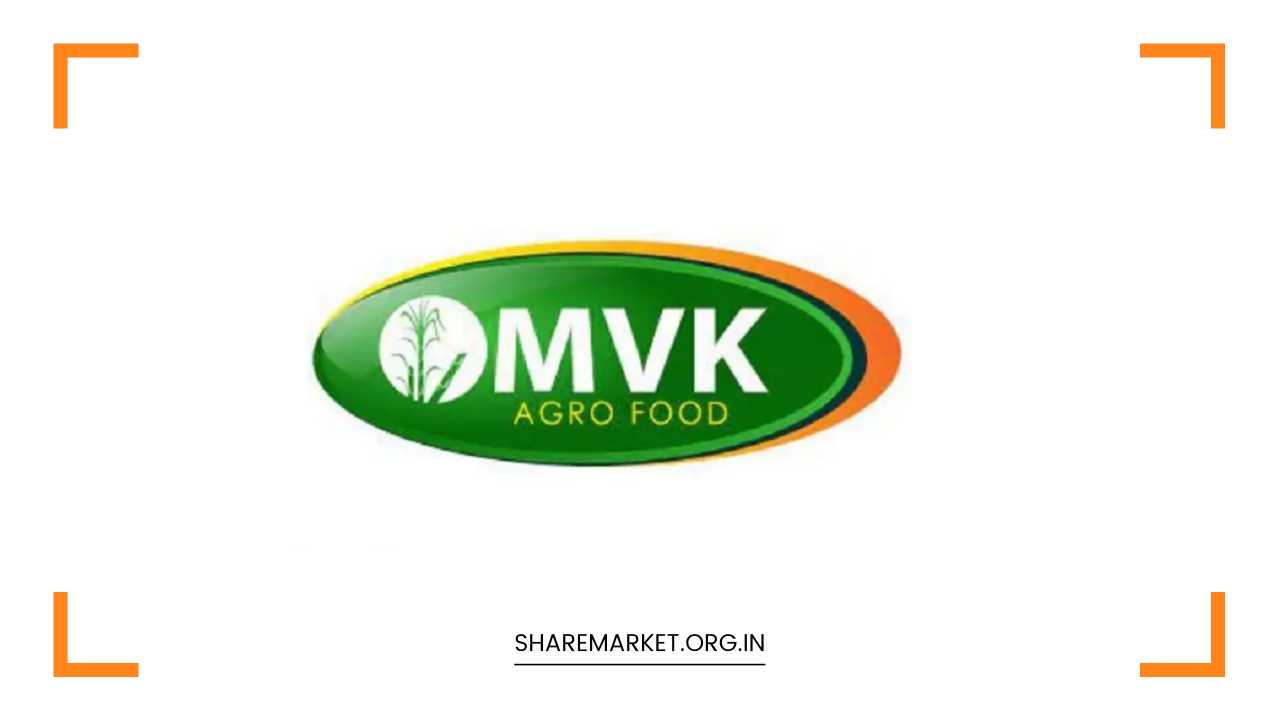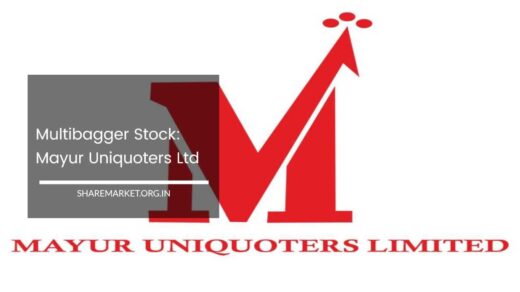MVK Agro Food IPO Listing: Stock list at 34% discount on NSE SME

MVK Agro Food IPO Listing
MVK Agro Food Product IPO Listing: A Detailed Analysis
The recent IPO listing of MVK Agro Food Products on the SME platform of the National Stock Exchange (NSE) has garnered significant attention in the financial markets.
The company, specializing in the manufacturing of integrated sugar and related products, witnessed an enthusiastic response from investors during its initial public offering.
However, the subsequent listing did not unfold as expected, leading to losses for IPO participants. This article provides an in-depth analysis of MVK Agro Food Product’s IPO journey, its financial background, and the factors influencing its market performance.
IPO Overview
The IPO of MVK Agro Food Products, amounting to Rs 65.88 crore, was open for subscription from February 29 to March 4. The IPO received notable interest from investors, particularly retail participants who oversubscribed their portion by an impressive 13.01 times.
The overall subscription rate stood at 8.46 times, reflecting a robust response from the investor community. The IPO involved the issuance of 54.90 lakh new shares with a face value of Rs 10.
The funds raised through the IPO were earmarked for specific purposes, including the establishment of a greenfield facility in Nanded for the production of ethanol and bio-CNG, manufacturing and bottling of fertilizers, and general corporate activities.
Despite the promising subscription figures, the IPO’s listing on the NSE SME platform did not result in favorable outcomes for investors.
Post-Listing Performance
The shares, initially issued at a price of Rs 120, entered the NSE SME platform at Rs 79. This marked a significant decline of more than 34 percent, translating into a loss for IPO investors.
Although the share prices experienced an upward movement after the listing, they eventually hit the circuit at Rs 82.95, closing at this upper limit. As a consequence, IPO investors found themselves facing a substantial loss of approximately 31 percent.
This unexpected turn of events raised questions about the market dynamics, the valuation of the IPO, and the factors influencing investor sentiment.
Despite the company’s positive fundamentals and financial performance, the market response did not align with the expectations of IPO participants.
Company Background and Operations
Established in February 2018, MVK Agro Food Products focuses on the manufacturing of integrated sugar and its related products.
The company’s distribution network includes brokers who supply its products to major players in the industry, including PepsiCo Holdings, Parle Biscuits, and Britannia.
Additionally, MVK Agro Food Products caters to export-oriented traders such as Sakuma Exports, Indian Sugar Exim, Garden Court, and HRMM Overseas.
Financial Performance
Examining the financial health of MVK Agro Food Products provides insights into the company’s growth trajectory. In the financial year 2021, the company reported a net profit of Rs 1.40 crore.
This figure witnessed a significant uptick in the subsequent fiscal year (2022), reaching Rs 3.20 crore. The positive momentum continued into the financial year 2023, with the net profit soaring to Rs 3.77 crore.
While the net profit showcased a commendable upward trend, the company’s revenue experienced fluctuations. The compound annual growth rate (CAGR) of the revenue exceeded 90 percent annually, reaching Rs 93.94 crore. Despite the revenue’s ups and downs, the overall growth trajectory remained positive.
For the ongoing financial year 2023-24, covering the first half from April to September 2023, MVK Agro Food Products continued its positive financial performance.
The net profit for this period stood at Rs 4.30 crore, accompanied by a revenue of Rs 60.44 crore. These figures highlight the company’s resilience and ability to navigate market challenges effectively.
Factors Impacting Market Performance
The disparity between the strong financial performance of MVK Agro Food Products and the subdued market response to its IPO listing raises questions about the factors influencing market dynamics.
Several elements may have contributed to the divergence between expectations and outcomes.
Market Sentiment: The broader market sentiment can significantly impact the performance of IPOs. External factors such as global economic conditions, geopolitical events, and overall investor sentiment can influence how IPOs are received in the market.
Valuation Concerns: Investors often scrutinize the valuation of IPOs to assess whether the offering is priced appropriately. If there are concerns about overvaluation or if market conditions are not conducive, investors may hesitate to participate, leading to subdued post-listing performance.
Circuit Limits: The fact that the shares of MVK Agro Food Products hit the upper circuit on listing day suggests limited liquidity and trading opportunities. Circuit limits, while designed to manage volatility, can also restrict the ability of investors to react to market movements.
Industry Dynamics: The performance of companies in specific industries can influence investor perception. Changes in industry trends, regulatory developments, or macroeconomic factors can impact how an IPO is received in the market.
Final Remarks
The MVK Agro Food Product IPO listing serves as a case study of the complexities involved in the intersection of financial fundamentals and market dynamics.
While the company exhibited robust financial performance and garnered substantial interest during the subscription period, the post-listing scenario did not unfold favorably for IPO investors.
Understanding the factors contributing to this discrepancy requires a comprehensive analysis of market sentiment, valuation considerations, and industry dynamics.
Investors, analysts, and market participants can draw valuable lessons from such instances, emphasizing the importance of thorough due diligence and a nuanced understanding of market conditions.
As MVK Agro Food Products navigates the challenges posed by the post-listing scenario, its resilience and ability to adapt will be critical in shaping its future trajectory in the competitive landscape of the agro-food industry.

















